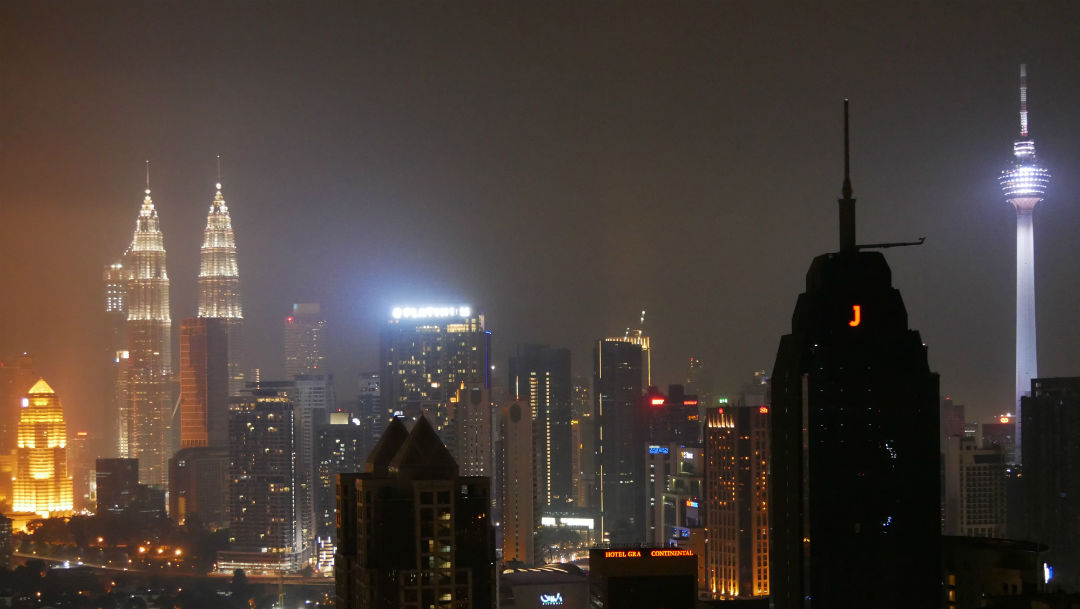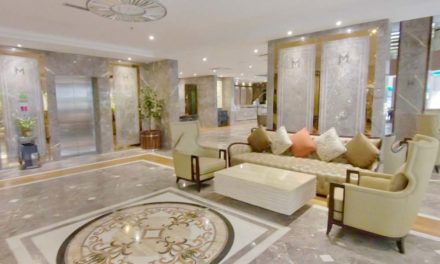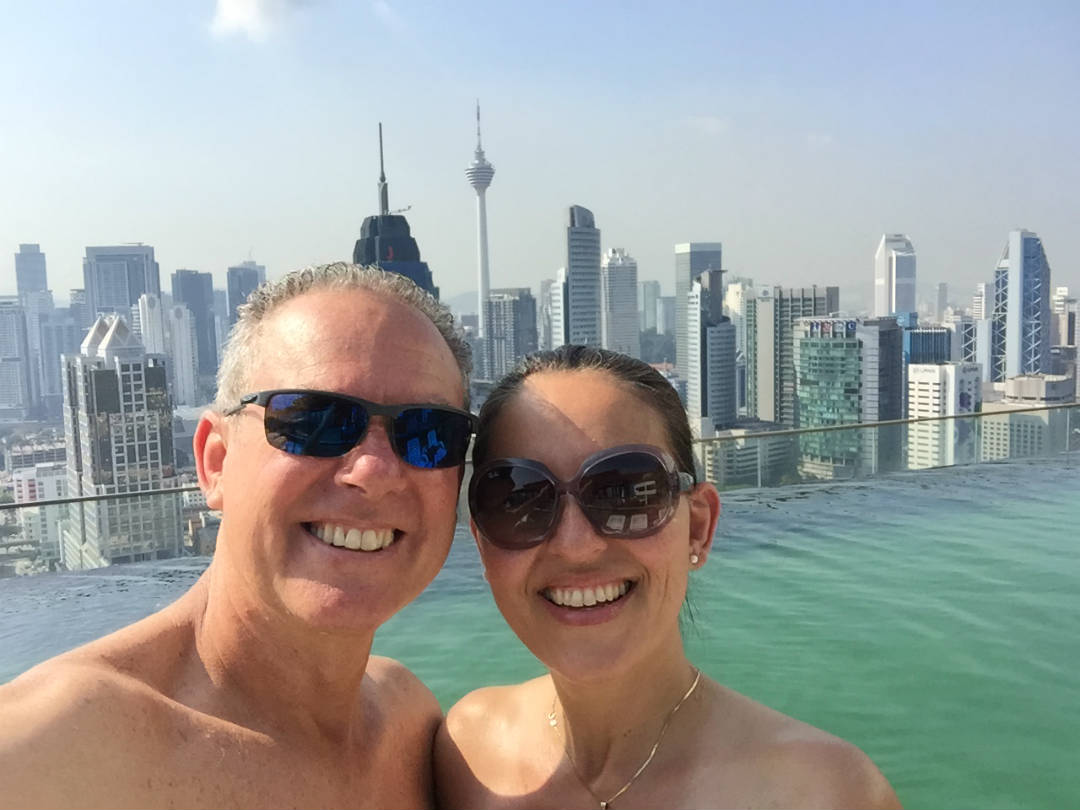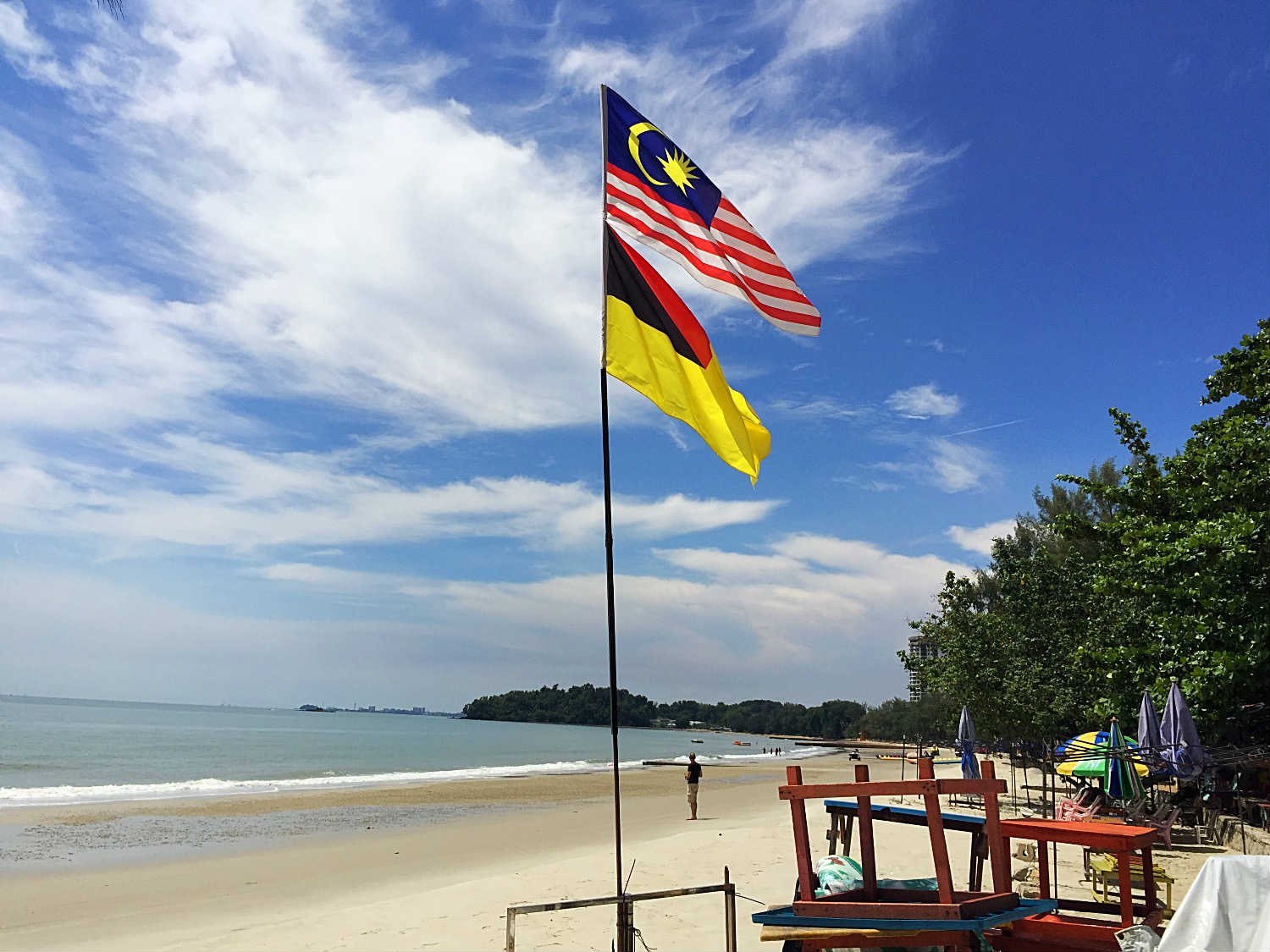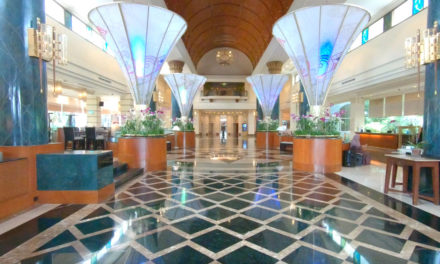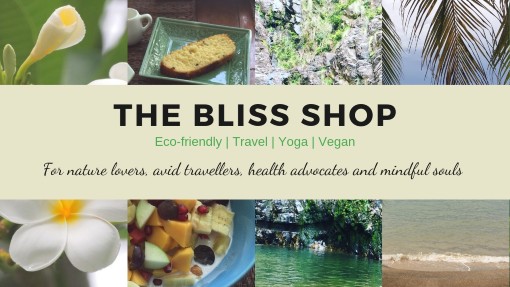12 Things to know before a trip to Malaysia (+ 2 Bonus tips)
We have put together a list of 12 things to know (and that may surprise you) before a trip to Malaysia. This country in Southeast Asia, tucked between Thailand and Singapore, will not only surprise you. I may even win your heart. The mix of nationalities results in a melting pot of cultures, flavours and habits. We have found in Malaysia the friendliest and kindest people we have so far come across.
Malaysia was not the first country on our radar. However, we ended up choosing it mainly because James spent part of his childhood there, while his father was in the British army. After forty-seven years and many memories, it made sense to go back to see how it had changed.
In a little over two months in the country, we visited Kuala Lumpur, Cameron Highlands, Penang and the island of Langkawi. As a result, we put together the list below combining the 12 things we believe you should know before a trip to Malaysia.
1 – Malaysian population and ethnic distribution
Malaysia is officially a Muslim country. However, in reality, it is a religious and cultural melting pot. According to official Malaysian statistics, out of a total of 31.7 estimated inhabitants, 68.6% are Bumiputera (originally indigenous Malay), 23.4% are Chinese, 7.3% are Indian. The remaining 1% is from other origins.
2 – English is widely spoken
Though English is widely spoken due to British colonial influence, most people are not as fluent as we expected. Nonetheless, in most cases, communication is not a problem, as there is always someone around to help.
3 – Dress code – Wear common sense
As a woman, when packing for a trip to Malaysia it is useful to be aware of a couple of things. Unlike other conservative Muslim countries where all women, foreign included, are expected to wear a Hijab, in Malaysia it is not a requirement. (A hijab is a type of scarf that covers hair and neck, leaving only the face exposed).
From a westerner perspective, the first impact of seeing the great majority of women wearing a Hijab may be strange, or even be intimidating. However, very quickly we realise that it is not at all an impediment to communication, nor is it a reason to feel uncomfortable.
There are no clothing restrictions, however, one should use common sense and respect. After all, it is a Muslim country, where it is not common to show skin. That being said, the Chinese-Malay girls do show a lot of skin. Then again, they are in their own country. Some cities are more conservative than others, so it is advisable to research about what type of place you are going to. Anything too short or too revealing will not be a good practice. Similarly, the same applies for beachwear.
4 – The Malay are extremely welcoming, friendly and giving
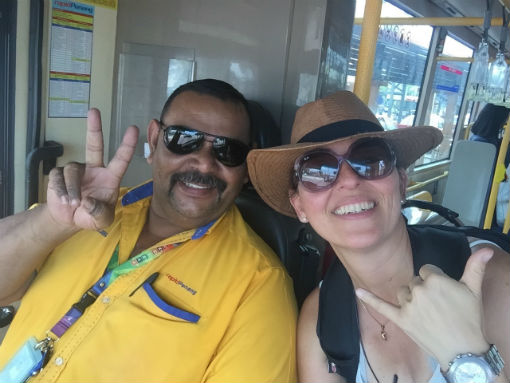
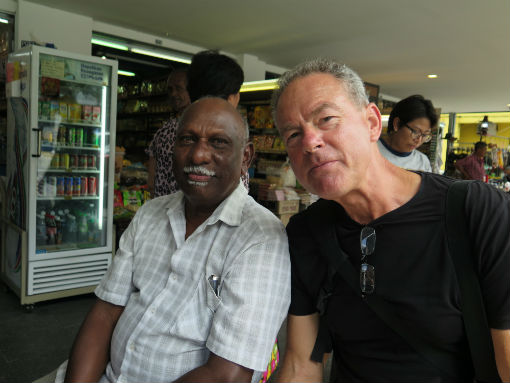
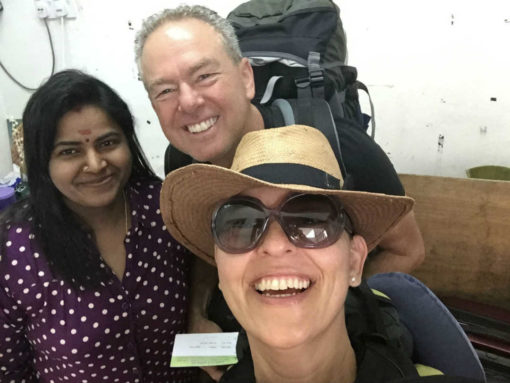
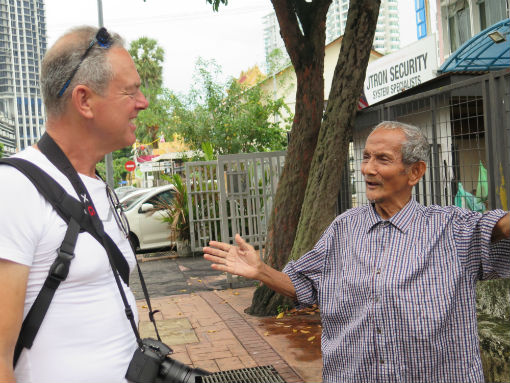
I have lost count of the times we have been offered fruit on a stand, or end up with more pieces of, say, fried bananas, then what we ordered. And that has nothing to do with sampling in the attempt to sell more. Apparently, people are just genuinely giving.
5 – During the rainy season the ocean returns the “gifts” we leave behind!
Be alert to the fact that during monsoon season the beaches may become dirty with plastic bottles, cans, pieces of wood and all kinds of other trash. If you want to add an environmental touch to your trip to Malaysia, engage in a beach clean up. You can do so independently or look for organizations like Trash Hero, who are very active in Southeast Asia in general.
6 – Pubic transports in the cities are very clean.
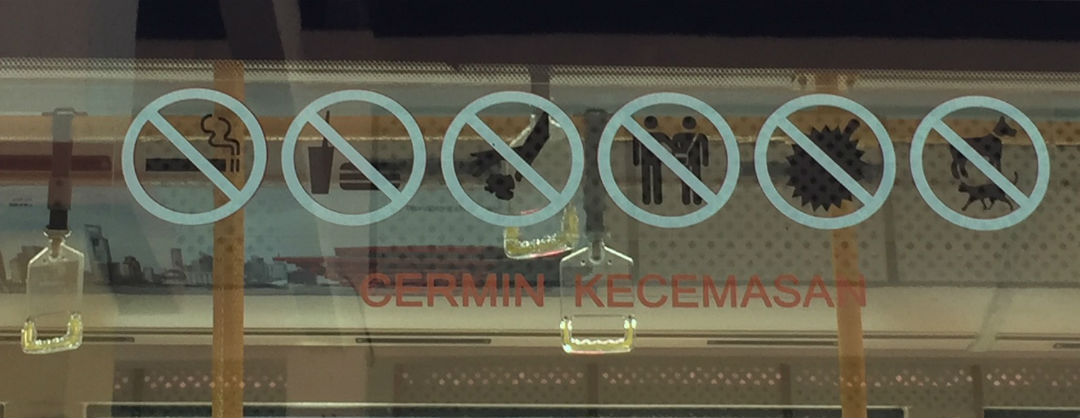
The first thing that struck us arriving at Kuala Lumpur airport was how spotless and pristine everything was. Surprisingly, we soon found out that even the buses, metro and train stations were also impeccably clean. The signage in public transports is very clear: no eating or littering is allowed.
7 – Food, in general, is very cheap – lots of street-food!
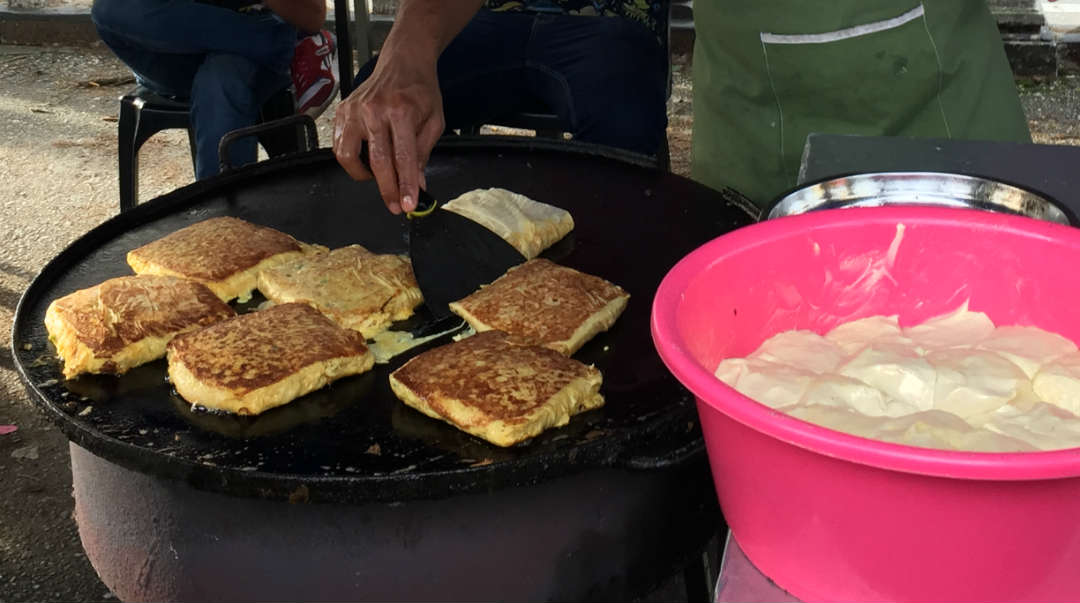
Just as in any other country in Southeast Asia, Malaysia is also rich in street food. Similarly, you will find a variety of typical Malay, Indian, Chinese and even Thai street food. However, not much can be found for vegans, besides fruit.
Almost everywhere you turn there is stand selling food. Depending on the location, it is sometimes easy to confuse street food with normal restaurants, which sometimes operate in very basic conditions, alongside the roads. These restaurants (and street stands as well) often serve buffets. If you are interested in trying these foods, ask around to find out which are most reliable. A safer strategy is to find out in advance at what time they serve and make sure you are there to try the local delicacies when they are freshly cooked and still hot. Usually, freshly cooked food is served at 11:30 a.m. and 6:30 p.m.
Regarding prices, our meals in Malaysia go from around 15RM (3€) to 40RM (8.50€), with no drinks… for two people! Naturally, if you want to eat with western standards you will pay western prices, which for most people will still be cheap.
It is relevant to note that sometimes people get sick from the food, not necessarily due to lack of hygiene, but because the ingredients, spices and oils used may be very different to what our digestive system is used to.
8 – Ordering food: Vegan alert!!
The mix of cultures makes the Malay cuisine varied and rich in the use of sauces. The most commonly used are soy, fish and oyster sauce. If you order a plate of stir-fried vegetable, fried rice or the noodles version, most likely they will have a combination of the above, and probably eggs as well. Thus, if you are vegan, make sure to ask “no fish sauce, no oyster sauce and no egg”. Also watch out for tofu, because often it is egg tofu.
We have observed that the Malay have difficulty saying “no” or “I don’t understand”. This can make things complicated when ordering food with special requirements. We know that oh so well! Be sure to ask “understand?”. Most of the times, you can figure out from their facial expression if they have actually understood. Often, someone around will willingly volunteer to translate, yet if there is no one around to help, change your order, the restaurant or just go with the flow.
9 – Hydrate, but do it eco-consciously!
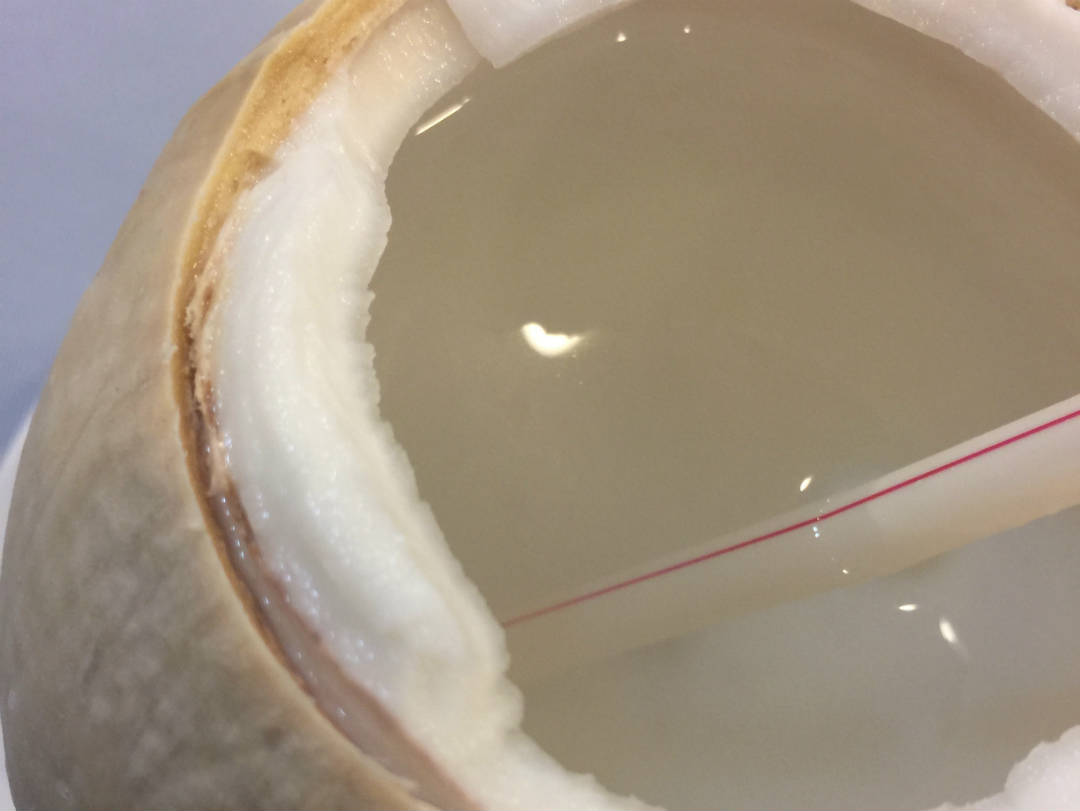
Malaysia is located near the equator, having an average temperature of 27°C (80.6 °F). The average humidity ranges between 85% – 88%, so be prepared because the humidity makes it feel a lot warmer than it actually is. Make sure to hydrate constantly with water, or even better, with coconut water, which you can buy in almost every corner.
Don’t forget to take an eco-bottle and fill it up with boiled water from your hotel.
Check out our suggested options in Travel Essentials.
10 – Beware of scooters
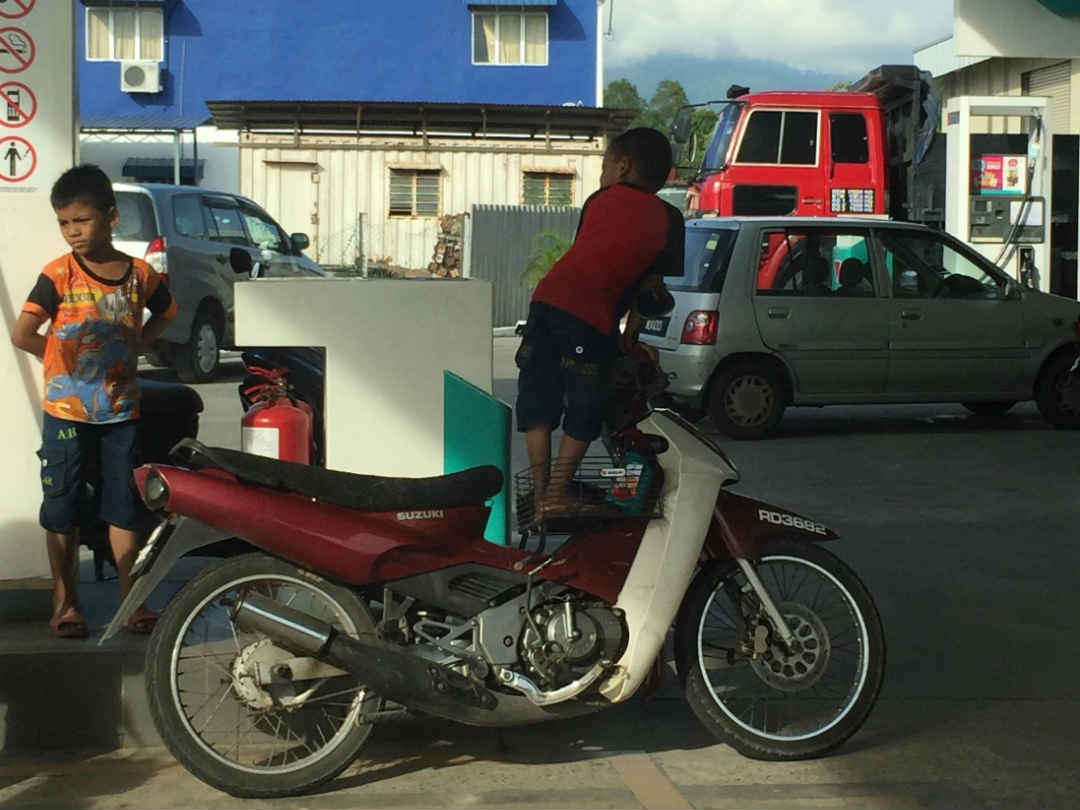
Scooters are the main mean of transportation, both in the cities and in the countryside. As a result, you will notice very interesting (and dangerous) sitting arrangements, including parents, small children and even babies. In the countryside, too often the drivers are not old enough to be driving. Hence, they can be easily distracted, reckless and unpredictable when it comes to merging the flow of traffic, so extra attention is highly recommended!
11 – Be ready to squat!
Generally, in Asia, most W.C.’s have squat toilets and Malaysia is no exception. The only difference is that in most places, probably due to the British occupancy, you may be lucky enough to find a traditional western bathroom. However, be prepared to pay, sometimes up to 1RM (around 0.20€) to use the toilet and, in some cases, some extra cents for toilet paper. This is common in public places and even in shopping malls. Our advice is to always carry napkins and baby wipes… and start practising your squats! In sum, when preparing your trip to Malaysia, also prepare psychologically to use squat toilets. We are not exaggerating. It can be quite a challenge!
12 – Wildlife
Malaysia is a tropical country, rich in lush flora and interesting fauna. Consequently, monkeys, geckos, all kinds and sizes of lizards, mosquitos and cockroaches are a constant sight. Therefore, be prepared for the possible encounters. As mentioned in the article “12 Things You should do in KL”, monkeys can be very persistent and even aggressive if they are hungry, so be prepared. Unfortunately, humans have turned these poor creatures into sugar junkies, just for their own entertainment.
Bonus tips
1 – Basic words in Malay
Terima Kasih – Thank you
Selamat Datang – Welcomed
Selamat Pagi – Good morning
Selamat Petang – Good afternoon / Good Evening
also useful…
Di Manakah – Where is…
Tandas – WC
Keluar – Exit
I may use the Google Translate app, (available for iPhone and Android), to help out on a daily basis.
2 – Health.org
Hope this list will be useful for your travels in Malaysia.
Happy travels!
“Travel light.Travel kind. Think eco-consciously”
P.S – Did you like this post? If you did, please, share it on your social media, forward it to your friends and leave your comments below. Your feedback is very important to us.
P.S.2. – Have you booked your next trip yet? Check out our travel resources page for the best deals on flights, accommodation, travel insurance, car rentals, tours and anything you need for a memorable vacation.

